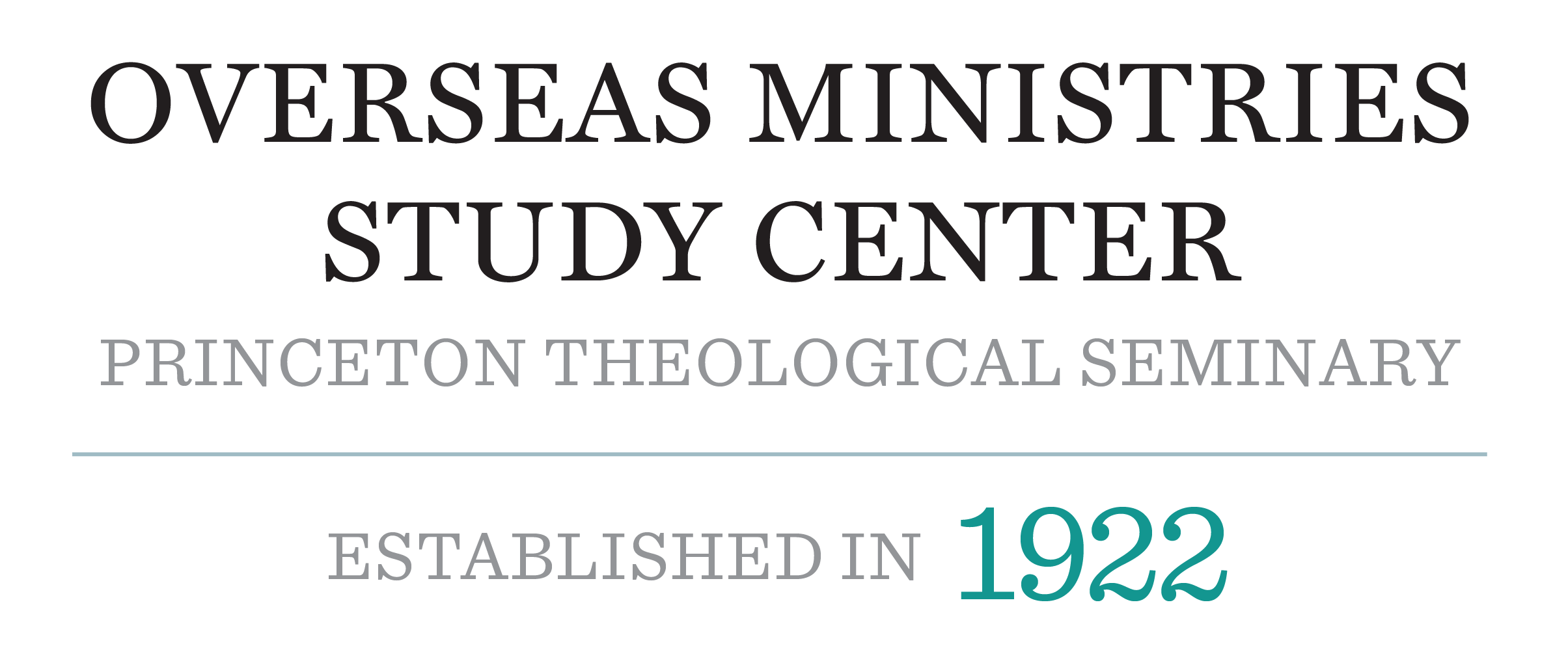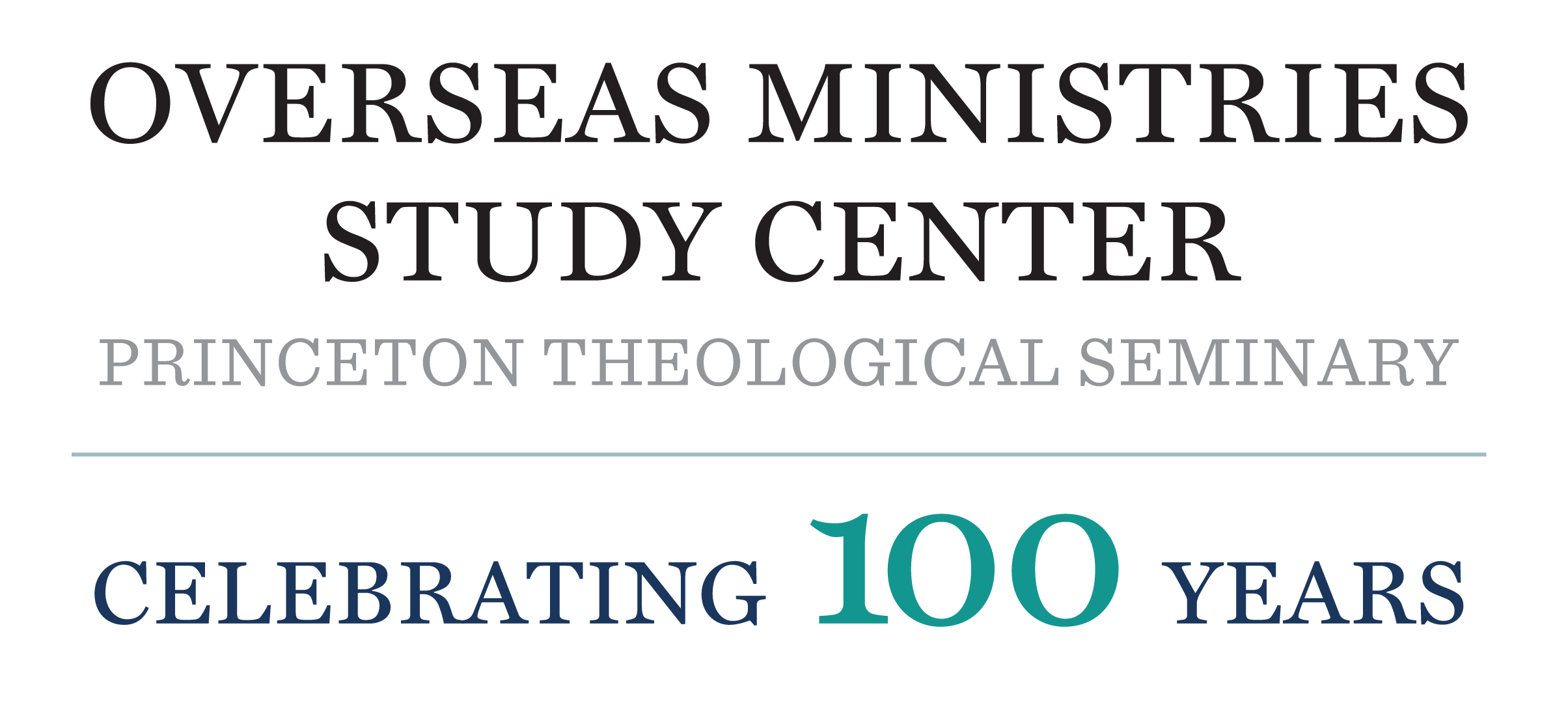By Todd Johnson – Co-Director – Center for the Study of Global Christianity
This post is part of The Occasional’s “Numbers and Trends” series, dedicated to sharing work, analysis, and perspectives from our friends and partners at the Center for the Study of Global Christianity based at Gordon-Conwell Theological Seminary.
This month, Oral Roberts University Press published our latest book, Introducing Spirit-Empowered Christianity. This short full-color book (160 pages) will be featured in late June in Amsterdam at the Empowered21 conference where hundreds of Pentecostal leaders will meet around a common theme of evangelism. There are at least five distinctives to our book. First, it presents a complete taxonomy of global Pentecostalism, carefully showing who considers themselves a part of this movement and who does not. Second, it offers a method for counting Pentecostals providing a different perspective on the Pentecostal and Charismatic movement than other surveys. Third, it includes a full-color overview of the movement in maps, graphs, charts, tables, and photos. Fourth, the Pentecostal movement is placed in the context of a careful assessment of all of global Christianity. Fifth, it introduces the idea of “Spirit-empowered Christianity,” which ties together the myriad forms of Pentecostal and Charismatic Christianity, ranging from Classical Pentecostals to Catholic Charismatics to independent churches like the Universal Church of the Kingdom of God in Brazil.
 The Spirit-Empowered movement began at the beginning of the 20th century by a series of revivals on four continents – Asia, Europe, Northern America and Latin America – almost simultaneously. Today, Pentecostals and Charismatics are found in nearly every country of the world and span all Christian traditions and most denominations. As such, they are considered a ‘movement’ within World Christianity. The case for a single interconnected phenomenon is made by considering a ‘family resemblance’ among the various kinds of movements that claim to be either Pentecostal or Charismatic. This movement grew from 58 million in 1970 to 635 million in 2020. The Global South is home to 86% of all Pentecostals/ Charismatics in the world.
The Spirit-Empowered movement began at the beginning of the 20th century by a series of revivals on four continents – Asia, Europe, Northern America and Latin America – almost simultaneously. Today, Pentecostals and Charismatics are found in nearly every country of the world and span all Christian traditions and most denominations. As such, they are considered a ‘movement’ within World Christianity. The case for a single interconnected phenomenon is made by considering a ‘family resemblance’ among the various kinds of movements that claim to be either Pentecostal or Charismatic. This movement grew from 58 million in 1970 to 635 million in 2020. The Global South is home to 86% of all Pentecostals/ Charismatics in the world.
It is useful to divide the movement into three kinds or types. First, Pentecostals are members of the explicitly Pentecostal denominations, characterized by a new experience of the energizing ministry of the Holy Spirit that many other Christians historically considered to be highly unusual. This is interpreted as a rediscovery of the spiritual gifts of New Testament times and their restoration to ordinary Christian life and ministry. Pentecostal denominations that are part of Protestantism include the Assemblies of God, the International Church of the Foursquare Gospel and the Church of God of Prophecy. Subcategories of Pentecostal denominations include Oneness, Baptistic, Holiness and Apostolic.
Second, Charismatics’ roots go back to early Pentecostalism, but rapid expansion since 1960 (later called the ‘Charismatic renewal’) has made this type larger than Classical Pentecostalism. Charismatics usually describe themselves as having been ‘renewed in the Spirit’ and as experiencing the Spirit’s supernatural and miraculous and energizing power. They remain within, and also form organized renewal groups within, their historical non-Pentecostal denominations (Catholic, Orthodox or Protestant), instead of leaving to join Pentecostal denominations. The largest Charismatic movement today is the Catholic Charismatic renewal, found in significant numbers mainly across Latin America. The largest Catholic Charismatic populations are in Brazil (61 million), the Philippines (26 million) and the United States (18 million), though the highest concentrations of Catholic charismatics are in Guatemala (34% of the country), Puerto Rico (31%) and Brazil (29%).

Thousands of other churches and movements resemble Pentecostals and Charismatics but do not fit their definitions. These constitute a third Spirit-Empowered type, called ‘Independent Charismatics’, that often predate the first two types. Part of the rationale for this term is that they are largely found in the Independent Christian tradition – that is, outside of historic Catholic, Orthodox and Protestant churches. Independent Charismatics are present mainly in the Global South, in denominations and church networks that originate from outside of Western Christianity. While found in many of the same countries as Pentecostals and Charismatics, Independent Charismatics are largest in the United States (33 million), Nigeria (27 million) and China (24 million), and over one third of the populations of Eswatini, South Africa and Zimbabwe are Independent Charismatics. These traditions often grow by planting new churches or by breaking off from existing denominations.
The Spirit-Empowered movement represents some of the fastest-growing Christianity in the world in the 21st century. However, the movement has struggled with megachurches dominated by certain bold personalities, leading to problems with leadership in the second generation. Some have tried to keep control within biological families, often making the situation worse. Lack of theological training is also a challenge for these rapidly-expanding churches and networks.




